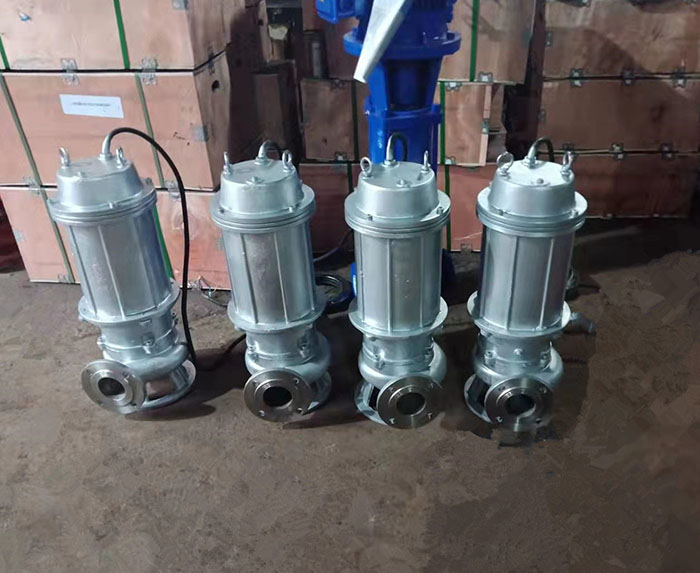Selecting the appropriate large displacement agricultural irrigation water pump is crucial for ensuring efficient irrigation practices on farms and agricultural fields. The right pump can optimize water usage, maximize crop yield, and minimize energy consumption. In this article, we will discuss the key factors and selection methods that farmers and agricultural professionals should consider when choosing a large displacement irrigation water pump.
Water Requirements: The first step in selecting an irrigation water pump is to determine the water requirements of the agricultural area. Consider factors such as the size of the field, the type of crops being grown, and the irrigation method used (e.g., sprinkler, drip, flood). Calculate the total water demand, including the required flow rate and pressure, to adequately supply water to the entire area.
Pump Capacity and Head: Once the water requirements are determined, it is essential to select a pump with the appropriate capacity and head. Capacity refers to the pump's flow rate, measured in gallons per minute (GPM) or liters per second (L/s), while head refers to the pump's ability to lift water vertically, measured in feet or meters. Ensure that the pump's capacity and head match the irrigation system's requirements to achieve optimal water distribution.
Pump Efficiency: Pump efficiency is a critical factor to consider, as it directly impacts energy consumption and operating costs. Look for pumps that have high efficiency ratings, such as those with Energy Star or similar certifications. Efficient pumps not only save energy but also reduce greenhouse gas emissions, making them environmentally friendly choices.
Power Source: Consider the available power source for the pump. Agricultural irrigation water pumps can be powered by electricity, diesel, or solar energy. Evaluate the cost, availability, and reliability of each power source option to determine the most suitable choice for your specific agricultural operation.
Pump Reliability and Durability: Agricultural irrigation pumps are subjected to demanding operating conditions. Therefore, it is crucial to select a pump that is reliable and durable. Look for pumps made from high-quality materials, such as cast iron or stainless steel, that can withstand corrosion and wear. Additionally, consider the reputation and track record of the pump manufacturer for producing reliable and long-lasting equipment.
Maintenance and Service: Regular maintenance is essential for the proper functioning of an irrigation water pump. Consider the ease of maintenance and availability of spare parts when choosing a pump. Opt for pumps that are easy to access and service, with readily available spare parts and a reliable network of service technicians.
Budget Considerations: Finally, take into account your budget constraints when selecting an irrigation water pump. Compare the initial purchase cost, operational costs, and potential energy savings to determine the most cost-effective option in the long run.
Selecting the right large displacement agricultural irrigation water pump requires a thorough understanding of water requirements, pump capacity and head, efficiency, power source, reliability, maintenance needs, and budget considerations. By considering these factors and following a systematic selection method, farmers and agricultural professionals can choose a pump that meets their specific irrigation needs, resulting in efficient water usage, increased crop yields, and sustainable agricultural practices.
